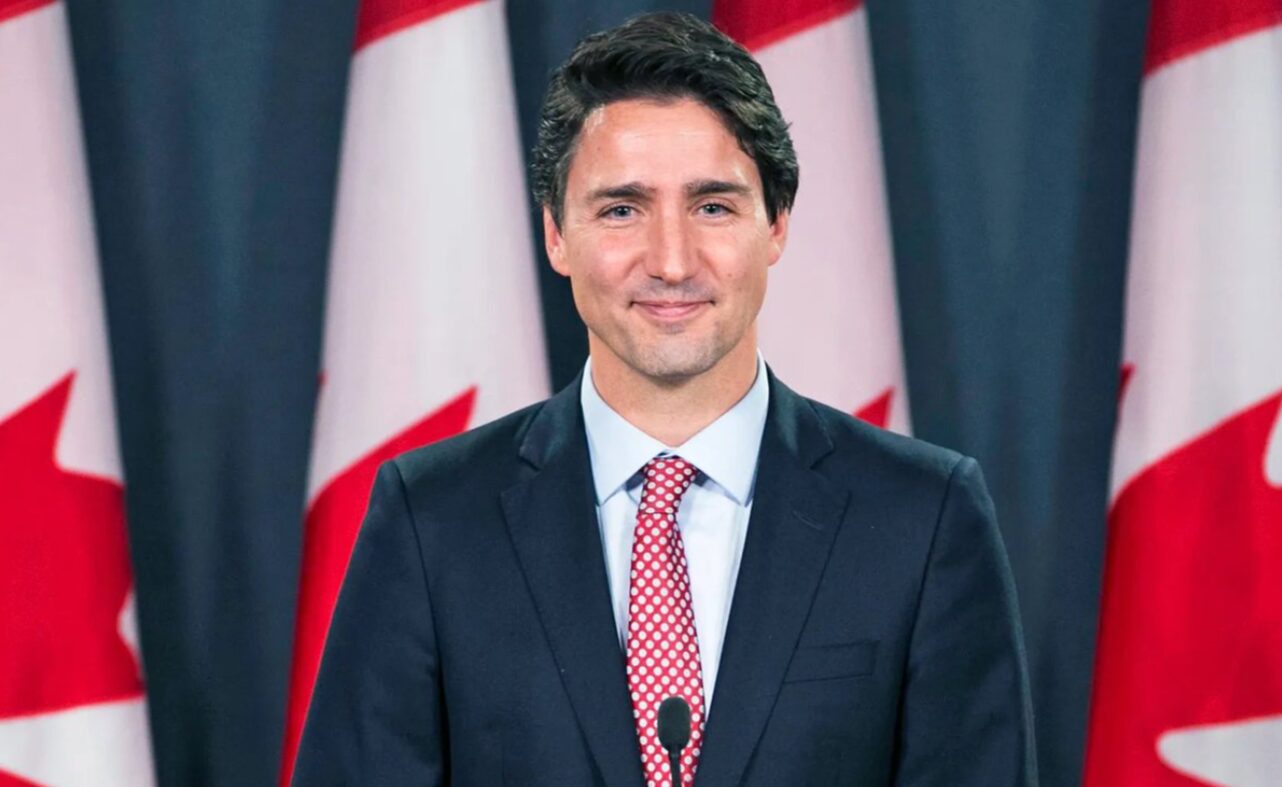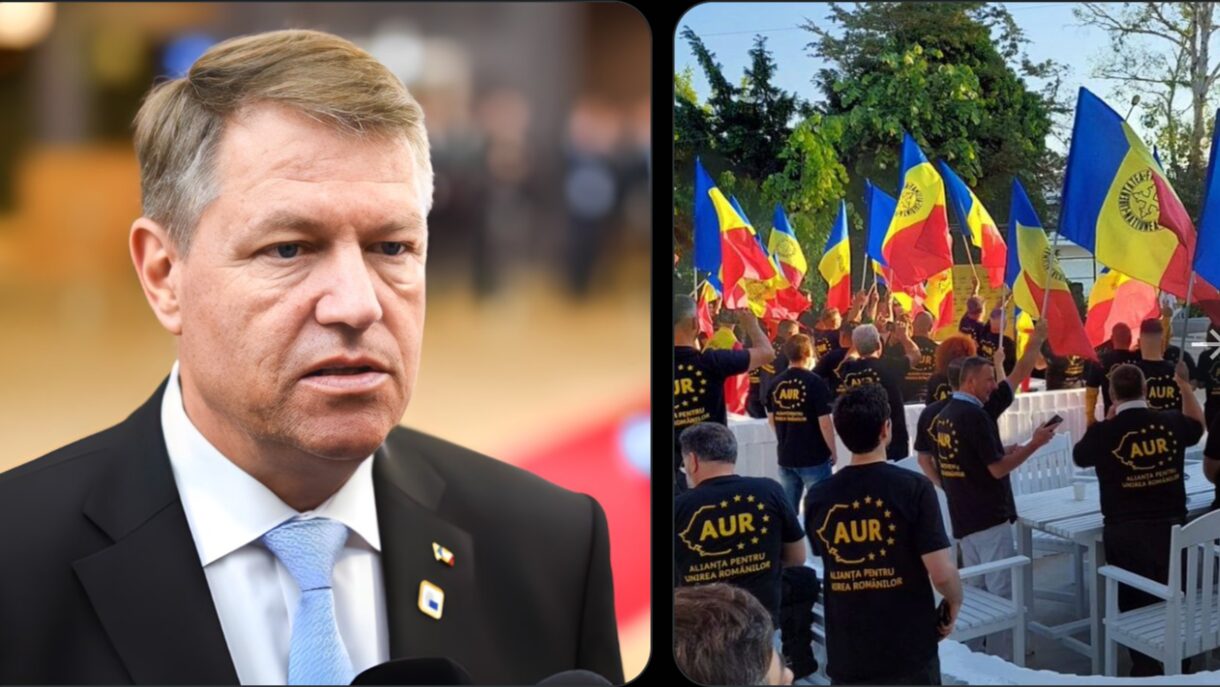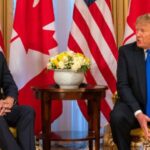Canadian Prime Minister Trudeau to resign this week
In a major political development, Canadian Prime Minister Justin Trudeau is expected to announce his resignation this week, marking the end of an era for his leadership and the Liberal Party. Trudeau, who has led Canada for nearly a decade, has faced increasing pressure in recent months due to various controversies, and his decision to step down is set to reshape the political landscape of the nation.
This announcement has sent shockwaves through the political sphere, with both supporters and critics eager to see what the future holds for Canada’s leadership. As the country prepares for a leadership transition, here’s what we know about Trudeau’s decision and its potential impact on Canadian politics.
The End of an Era: Trudeau’s Leadership Legacy
Justin Trudeau first became Prime Minister of Canada in November 2015, after the Liberal Party won a decisive victory in the federal elections. As the son of former Prime Minister Pierre Trudeau, Justin entered politics with significant name recognition and the expectation that he would bring a fresh, progressive approach to governing.
During his time in office, Trudeau was known for championing diversity, gender equality, and progressive policies on climate change and international diplomacy. His government made historic strides in implementing gender-balanced cabinet appointments, promoting Indigenous rights, and pursuing a climate action agenda that aligned with global sustainability goals.
However, his time in office was not without challenges. Over the years, Trudeau faced several scandals, most notably the SNC-Lavalin affair, which questioned his handling of a corruption investigation. Additionally, his government’s response to various economic and social issues, such as healthcare, housing affordability, and the handling of the COVID-19 pandemic, have sparked debates and dissatisfaction among various sections of the Canadian population.
Despite these controversies, Trudeau remained a central figure in Canadian politics, maintaining a strong base of support within the Liberal Party and among progressive voters. However, recent events and mounting criticism from opposition parties seem to have taken a toll on his position.
Pressure Builds on Trudeau Amid Political Challenges
The decision for Trudeau to step down comes amidst growing pressure from both political opponents and some factions within his own party. The Liberal Party’s approval ratings have been slipping, with many Canadians expressing dissatisfaction with his leadership, particularly on issues such as inflation, healthcare, and the cost of living.
Trudeau’s handling of the economy has come under scrutiny, especially as Canada faces challenges related to inflation, rising housing costs, and concerns over economic stagnation. Critics have argued that his government has not done enough to address the concerns of everyday Canadians, especially those in rural and working-class communities.
Additionally, Trudeau’s foreign policy decisions, particularly in relation to China and the United States, have been met with mixed reactions. His attempts to maintain a delicate balance between trade relations with both countries have drawn criticism from various sectors, with some claiming that his leadership has not been as effective as needed on the international stage.
The COVID-19 pandemic also left a significant mark on Trudeau’s legacy, with his government’s handling of public health measures and economic recovery being a major point of debate. While many praised his government’s early pandemic response, others criticized the long-term effects of lockdowns and vaccine mandates on the economy and individual freedoms.
What Does Trudeau’s Resignation Mean for the Liberal Party?
Trudeau’s resignation will have significant ramifications for the Liberal Party of Canada, as the party now faces the challenge of selecting a new leader. The process of choosing his successor will likely be a critical moment for the party, as it seeks to regain public trust and restore its standing among voters.
Several names are already being floated as potential successors to Trudeau, with senior Liberal politicians likely to throw their hats into the ring. The leadership race is expected to be highly competitive, with both centrist and more progressive candidates vying for the top spot. How the party navigates this transition will be key to its future success in upcoming federal elections.
For the Liberal Party, this resignation marks a turning point. The party will need to carefully consider its next steps in order to maintain its position as one of the country’s dominant political forces. Trudeau’s departure could present an opportunity for a fresh start, but it will also mean the party must overcome internal divisions and address concerns about its relevance in the face of growing populism and conservative opposition.
The Opposition Reacts: What’s Next for Canadian Politics?
Trudeau’s resignation will undoubtedly have a major impact on the political landscape in Canada. Opposition parties, including the Conservative Party and the New Democratic Party (NDP), are already positioning themselves to capitalize on the shift in leadership.
Conservative leader Pierre Poilievre has been highly critical of Trudeau’s leadership throughout his tenure, particularly on economic issues. Poilievre is expected to intensify his criticism in the wake of the Prime Minister’s resignation, using the moment to frame the Conservative Party as the alternative to the Liberal establishment. The Conservative Party will now be looking to consolidate its support and appeal to a broader range of voters who may be disillusioned with Trudeau’s government.
Meanwhile, the NDP, led by Jagmeet Singh, will likely look to present itself as a progressive force that can offer solutions to the challenges Canadians are facing. The NDP has long positioned itself as a champion of social justice and economic equity, and Singh will now seek to leverage the political opening created by Trudeau’s departure to appeal to disaffected Liberal voters.
As Canada moves into a new phase of leadership, the dynamic between the country’s major political parties will evolve. Trudeau’s resignation sets the stage for a political realignment, and it will be interesting to see how the various parties adjust their strategies and platforms in the wake of his departure.
Looking Ahead: The Future of Canada’s Leadership
Prime Minister Justin Trudeau’s decision to resign is a defining moment in Canadian politics. It brings an end to a period of Liberal dominance and signals the beginning of a new chapter in the country’s political history. As Canada prepares for a leadership transition, the coming months will be critical for both the Liberal Party and the opposition, as they seek to define their roles in the future of the nation.
For Trudeau, his resignation marks the conclusion of an ambitious political journey that saw him rise to prominence, win major elections, and navigate some of the most challenging issues of his generation. His legacy, while marked by both accomplishments and controversies, will undoubtedly be the subject of debate for years to come.
As the process of selecting a new leader begins, Canadians will be watching closely to see what direction the country will take under new leadership. Will the next Prime Minister continue Trudeau’s progressive agenda, or will the political tide shift toward a more conservative or populist direction? Only time will tell.

















Post Comment